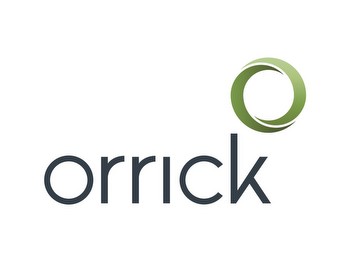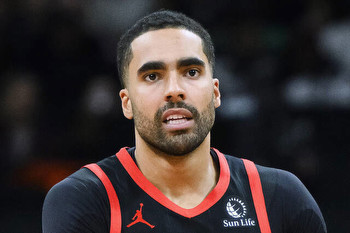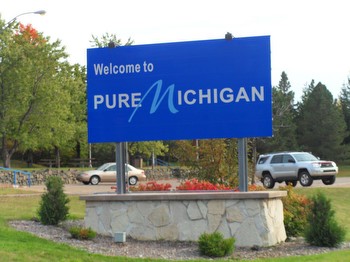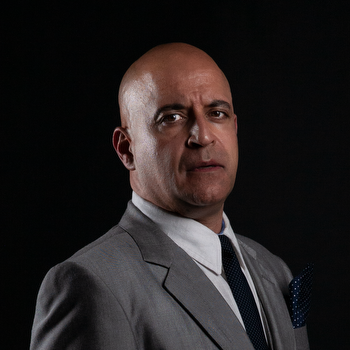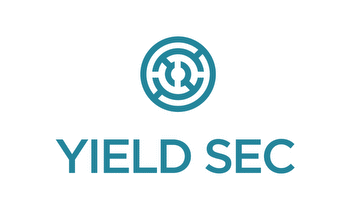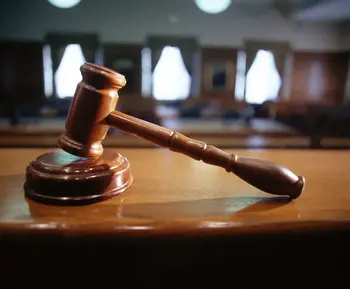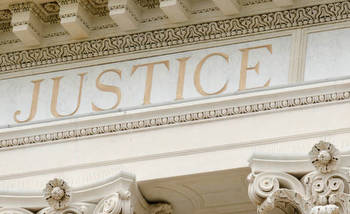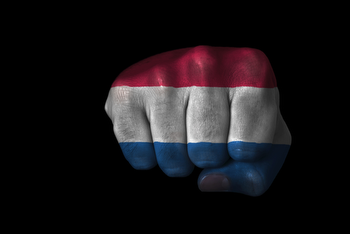Two states come down on illegal gambling operator

Bovada is one of -- if not the -- leading black-market sports betting operators taking wagers in the US. Already banned in five states, regulators in Michigan and Connecticut are now taking aim at keeping the platform out of their markets.
Since the US Supreme Court overturned the Professional and Amateur Sports Protection Act in 2018, a key goal for legal US stakeholders is stamping out the black market.
The federal government in 2020 had success in taking down the original Poker Stars, which was operating illegally in the US. The same year, the DoJ settled with Laura Varela and Costa-Rican sportsbook 5Dimes, which also operated in the US.
But since then, there has been seemingly little activity in relation to keeping illegal gambling operators out of the American market. The Michigan Gaming Control Board (MGCB) in May became the first US regulator to send a cease-and-desist letter to an offshore operator.
‘Bovada, you are out!’
The MGCB 29 May gave Curaçao-based Bovada 14 days, which would be today (12 June) to cease operations. The regulator wrote that Bovada is in violation of the Lawful Internet Gaming Act, the Michigan Gaming Control and Revenue Act, and multiple parts of the Michigan penal code.
Should Bovada continue to operate, the MGCB is promising to take the company to court.
“For those of you who have not been following it, the state of Michigan has come forward, the Michigan Gaming Control Board has come forward and said ‘Bovada, you are out, we want you out of business in our state, you’re ruining it for regulated customers and we are going to do something about it,'” Brandt Iden, head of government affairs for Fanatics Sportsbook, said on the World Series of Politics podcast.
“This is how it starts. … The regulated market can’t thrive if the illegal market is still there and Michigan has taken the first step and I encourage other regulators to do it.”
Iden, a former Michigan representative, was the architect of Michigan’s legal gaming and online casino law.
Connecticut regulators plan to follow Michigan’s lead, the Sports Betting Dime reported Tuesday (11 June). The sports betting division of the Department of Consumer Protection “does send out cease and desist letters anytime we receive a consumer complaint or become aware of an illegal gaming operator,” it told Sports Betting Dime. The agency has plans to send a letter to Bovada, which is already banned in Delaware, New Jersey, New York, Maryland and Nevada.
“The cease-and-desist is first, and then how far can you prosecute along the way to protect against illegal operators is next,” Las Vegas-based Brendan Bussmann of B Global told iGB. “This is where the feds come into play, it needs to be a coordinated effort.
“The challenge becomes this, are there enough laws on the book that allow you to prosecute and protect your citizens? And if there are, you should pursue it, no matter what the cost.”
What role can operators play in squeezing out the illegal market?
“Legal operators must continue their work with regulators to make sure black or gray is not in the market,” Bussmann said. “it is incumbent upon all licensed operators to want to have a clean market.”
The MGCB is also taking steps to ensure that licensed suppliers and vendors are not doing business with illegal operators or in illegal markets. The regulator earlier this month sent a letter to internet game content providers requiring them to fill out an “Illegal Gaming Attestation.”
“The required form in Michigan to suppliers shows the level of seriousness that regulators are taking to make sure that everyone who is operating in this market, not just operators but suppliers of content, is not working in illegal markets or with illegal operators,” Bussmann said.
Gambling stakeholders are often loathe to invite the federal government into their industry. But given that black-market operators can offer their wares in any US jurisdiction without paying taxes or offering consumer protections, it is one area that the legal industry would welcome federal help.
Any state can try to remove an illegal operator from its borders. But with 50 US states, that means that 50 different regulators would have to take action against the hundreds of companies that offer wagering. The cost of such a redundant action — in both time and money — seems ridiculous, when the federal government has far more resources than a single state. And a federal crackdown would mean removing black-market operators from all US jurisdictions at once, rather than piecemeal.
Illegal companies aren’t limited to those offering wagering on a digital platform. There are suppliers, vendors, and affiliates that skirt the law. In some cases, mainstream US media and affiliates knowingly or unknowingly shill for black-market companies.
“It’s the whole ecosystem across the board,” Bussmann said. “If you look at a lot of affiliates they will carry information about illegal operators. Like presidential markets … that is not legal, so any affiliate or mainstream media, for that matter, that promotes presidential odds is promoting the illegal market.”
DoJ continues to go after illegal gambling operators
In April 2023, seven regulators, including the MGCB, wrote to the DoJ asking that it “prioritise” investigations into illegal gambling operators and online casinos. The DoJ responded four months later saying that it “takes seriously” the issue of illegal gambling and that it “continues to pursue” such investigations.
In the last year, the federal government has been working a wide-reaching investigation surrounding the Wayne Nix illegal gambling ring. So far, one casino executive has been sentenced, a key bettor has agreed to plead, and Nix himself will be sentenced in September. The investigation has garnered headlines for its connection to professional baseball. Nix’s operation took hundreds of millions in bets and laundered money through California and Nevada casinos. But its scope doesn’t appear to touch that of an offshore operator offering sports betting and online casino games.
Whether at the federal or state level, Bussmann says government officials should keep the heat on.
“This isn’t about taking credit for it,” Bussmann said. “It’s about doing the right it’s about shutting down scourges on the industry.”








